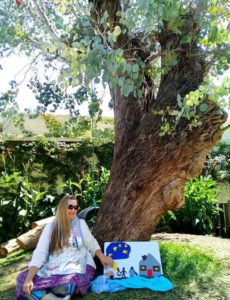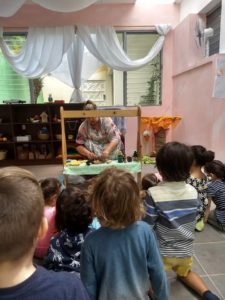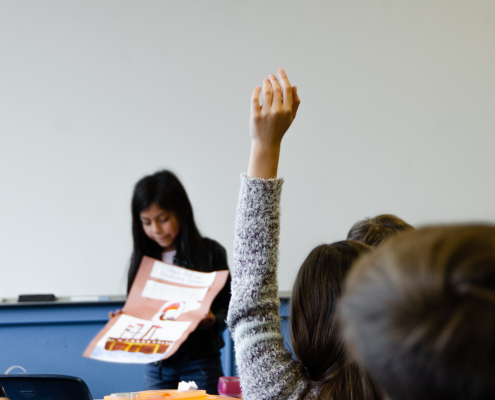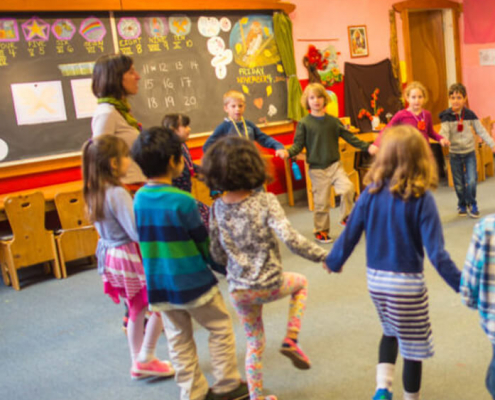How are reading skills being developed in preschool/ kindergarten?
I have to admit, I was very skeptical about enrolling my children into Waldorf school when I found out that reading was not introduced until grade. I wanted the best for my children and was told by almost everyone that early academics would give our children a head start in building a great foundation for their school career. So, I dug deep, talked to other parents of Waldorf children and did some research. I was surprised by what I learned. Not only did these children start reading in grades, but now as middle schoolers they thrived in reading and writing. Their comprehension of their reading was better than their public and other private school peers. They willingly joined book clubs and were reading giant 1,000 page books! These children seemed happy and far less stressed out than their peers in other schools. They finished their work at school, so no homework and they did not have to stress out about grades! This made for a happier home and school life. I found out that teen depression, sexual exploration drug use and suicide were much higher in heavy and early academic programs.
I was also impressed with their (the Waldorf students) music and artistic abilities. I knew this was getting cut out of other schools and valued this for my own children. So, I decided to take a leap of faith and go with Waldorf education.
My children are now huge readers and consider it one of their favorite pass times.
I feel in love with Waldorf so I enrolled my children and decided to become a Waldorf teacher myself. So, talking as a Waldorf parent we need to be patient. It’s not easy with neighbors and family and friends questioning our different educational choices. This is where our trust in our choices and our children come into play. They will get to that educational finish line. It just might take a different route than a traditional approach.
Now talking as a teacher, if we go way back to the evolution of humanity, spoken language developed first. Then came written language, originally through symbols (think hieroglyphics). Finally, once there was a written language, people learned to read.
This is the sequence in which children learn language, and why we teach our children this way in Waldorf Ed. The first seven years the spoken word is the foundation for Waldorf Schools for our kindergartens.
Language is taught through story time and circle time: songs, hand games, rhymes and poems are all incorporated. It may look like play, but language skills are being developed daily.
Repetition plays a big role in learning. We tell the same story for 2 or 3 weeks, building their attention span, memorization and vocabulary as we do. We also do the same circle time for at least a month or two for the same reasons. The consistency of our daily rhythm, songs, poems and body movements all come into play with the building of an early foundation for reading. We are getting their mind ready for more cognitive skills at an age appropriate time.
Current brain research confirms that repetition aids a child’s brain development. The connections of billions of neural pathways in the brain are strengthened through repeated experiences. Screen time (TV, movies, cartoons, video games) tends to have the opposite effect. That is another reason why it’s so important not to fill your child’s time with screens. This disrupts the brain patterns and makes learning in school much more challenging.
In addition to our work with speech, we work on building a child’s fine motor skills—through activities such drawing, finger knitting, finger games, scissors, and sewing. This helps prepare children for the next stage of language development: writing.
Writing is introduced in first grade through form drawing. I will speak more on this next month.
Happy holidays and know those of you that already have your children enrolled in a Waldorf program, you have already given them the best possible gift!
Warmly,
Miss Carrie
Trinus´ teacher
